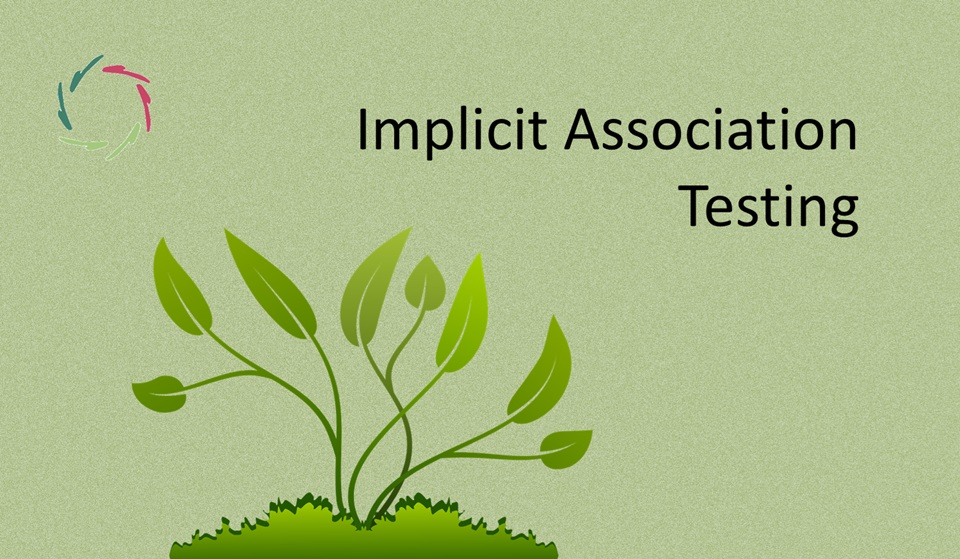Growth or Genes

Does our genetic make-up determine who we are to such a degree that there is little room for mental growth?
A mini-course of influence
As a general principle, to effectively gauge the influence of a concept’s different features, you need a correct categorization. If the features are handled inappropriately, the concept might seem to be uninfluential while much of its possible infuence stays hidden.
For instance, the demonstrated impact of stress on some diseases may be nihil. Even so, a correct distinction between eustress and distress may reveal huge influences for good and bad that are missed in the simple blob-like concept of ‘stress.’ Note that such a distinction is only the beginning of a meaningful path.
The same happens with parenting. Without proper insight into what is essential, gauging nurture‘s influence on children is challenging. Of course, herein lies a catch-22. Without proper insight, the science is difficult to start with. Meanwhile, several improper categorizations of stress – or parenting – may lead to proof that little influence can be found. More precisely, little can be found within this way of handling it.
Nature as dictator?
In the last few years, scientists have delved into the genetic factors of mental conditions, helped by the human genome project and much epidemiology.
Genetics appears to be much more influential on many mental issues than thought before. On average, its influence seems to be bigger than other factors combined ― such as trauma, family, or psychotherapy. Moreover, these may have just a temporary influence. [*]
So, little room for mental growth?
Or does the purported genetic influence result largely from 1) a flaw in measurement methodology (things we don’t measure because they are difficult to measure) and 2) cultural blindness for influential elements (things we don’t even realize) in constructs such as education and stress?
Mental growth
This can be seen from two viewpoints:
- as the result of proper support, whatever this result may be. Water the plant and see how it grows (= changes). For a human, this support might come from a profoundly charismatic guide or coach.
- as the deep inner alignment with one’s natural path (or ‘dharma,’ If you like).
Dear reader, if you notice the convergence of these viewpoints, then you know that I’m smiling at you right now beyond place and time. My further thought is that when this convergence is genuinely achieved, it’s also durable and eventually most healthy.
Where there are humans, there is the possibility of mental growth more or less everywhere. However, this may melt into the statistics because it’s everywhere.
If we don’t measure it, we don’t see it ― at least not scientifically. The same happened with genetics, which we largely didn’t see before measuring it more precisely since a few years. Back then, it melted into the statistics and left many ‘environmentalists’ thinking that the environment was everything. Since then, the research pendulum has swung toward the genes.
However, not measuring mental growth’s durable influence doesn’t mean it doesn’t exist. We just don’t know from measuring ― as straightforward as that. Mental growth is notoriously difficult to handle feature-wise. Therefore, to say that it cannot substantially influence a person’s behavior or even a person as such in the long term is premature at best.
The second part of the mini-course
Say, you see a correlation of 70% for the genetics of obesity (as Plomin [*] does) in different families, and perhaps a correlation of 10-20% for known mental factors.
But say, you then discover an interesting mental factor (mental growth related?) accounting for a 50% correlation if realized. If you consistently realize this, the genetic factor drops from 70% to 35%. The prior 70% was related to that time’s situation, not to any situation. By realizing the mental factor, you just changed the situation and reduced the leeway for genetics with 50%.
On the other hand, genetics is (mostly) fixed and cannot be less or further realized. It can only follow the situation made by the changeable factors. For instance, if you deprive everybody of almost all food (changeable factor), then all are thin. The deprivation then plays for 99% and genetics plays in the entirety of this situation only for 1% instead of a 70% correlation.
Lisa vs. genetics
Lisa supports mental growth by either acting within natural boundaries or uniquely relaying them ― not by hitting them but by pushing gently and effectively. There is in such growth no fight against nature but a support of the same. Hopefully, this will be realized for many people and thus have a widespread influence.
Moreover, Lisa-based science is Real-World Evidence that can go from ‘big data’ directly to ‘big knowledge,’ enabling the discernment of relevant features/categorizations with lasting influence. May this make the pendulum swing again, this time to a rightful synthesis of growth and genes?
Might this open doors toward more growth to happiness?
―
[*] Robert Plomin, Blueprint: How DNA Makes Us Who We Are, 2019


